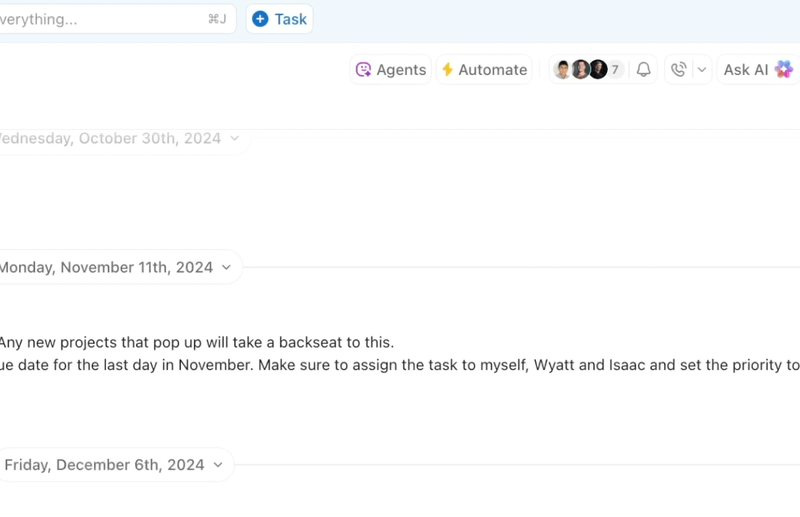
"You've got an AI agent that can call APIs, fetch documents, and even trigger workflows. But every time you scale the system, things start breaking. 🫨 If you've been here, you need a cleaner, more structured way to manage agent behavior. MCP clients play a key role here. In this guide, we'll break down what they are and how they work. Plus, we'll peek at how ClickUp handles agentic workflows, without all the scaffolding. Let's get started!"
"Model Context Protocol (MCP) is an open framework that enables AI agents to interact securely with enterprise systems. It facilitates memory, context-aware reasoning, and orchestration across distributed tools and services. An MCP client is a critical component within this architecture, embedded in AI applications such as the Claude Desktop app or custom agent frameworks. It establishes a one-to-one, stateful connection with an MCP server, managing communication between the AI model and external systems."
"It plays a critical role in the MCP AI infrastructure by: Negotiating protocol versions and capabilities with servers Managing JSON-RPC (JavaScript Object Notation-Remote Procedure Call) message transport Discovering and invoking tools and APIs Accessing enterprise resources with a secure context Handling prompts and optional functions like root management and sampling Types of MCP clients: Simple tool-using clients: Basic clients for chatbots or AIs that perform single, straightforward tasks, like calling a calculator or a weather tool"
Model Context Protocol (MCP) is an open framework that enables AI agents to interact securely with enterprise systems, facilitating memory, context-aware reasoning, and orchestration across distributed tools and services. An MCP client is embedded in AI applications and establishes a one-to-one, stateful connection with an MCP server, managing communication between the AI model and external systems. MCP clients negotiate protocol versions, manage JSON-RPC transport, discover and invoke tools and APIs, access enterprise resources with secure context, and handle prompts and optional functions like root management and sampling. Types include simple tool-using clients, agentic framework clients, application-embedded clients, and orchestrator clients.
Read at ClickUp
Unable to calculate read time
Collection
[
|
...
]